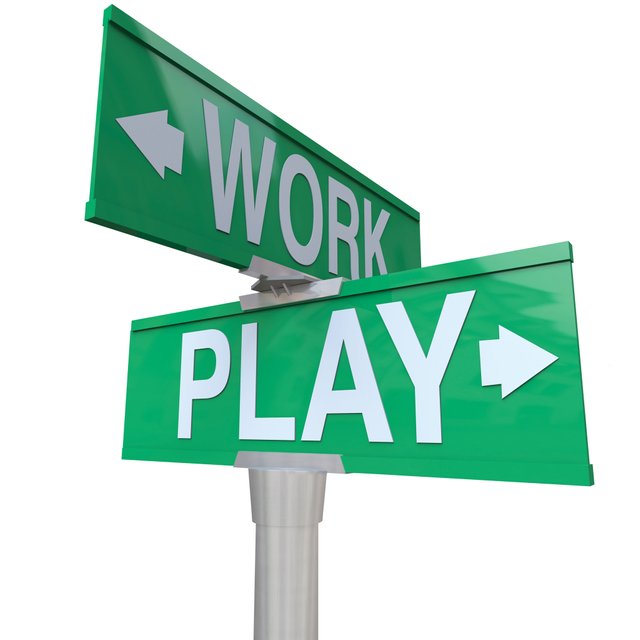Ten Principles of Economy | People face choices
Almost every modern economics textbook starts with a section that contains the ten principles of economics. These principles represent a roadmap for understanding economy and helping to clarify every economic phenomenon. Although, of course, there is a certain freedom of the author, when choosing and formulating these ten principles there is not much freedom of that kind - appropriate principles have long been formulated.
So, with no further ado, let us get started.
The first principle reads: “People face a choice”.
In everyday life people are constantly faced with the choice of more than one option. Almost always there is an alternative to what we do, or what we have defined. Economic analysis, or economic science, is, above all, the science of choice, that is, the behavior of people if there is a choice. Individuals, companies, and society as a whole face choices - in the latter case, collective decisions are made on the choice.
The most important choice that individuals face is the one in terms of how we use time - the most important resource we have. There are only 24 hours a day, and each of us chooses how to use them - for example, which part of the day will go on work, which on leisure and relaxation. If we decide to work 12 hours a day, we are left with a choice about what we will do and how to work these 12 hours. For example: are we going to accept a highly paid job that we do not like or a less paid job that fills us with joy satisfaction? Also, in terms of leisure and relaxation we stand before the choice, will we, for example, go tonight to a Baroque music concert, a boxing match, to the multimedia performance of the conceptual artist, or, simply to a pub? 
In addition to choosing what to do with our time, each of us makes decisions about how to use his available income. How much of this income will we spend, and how much will we save. Will we and how invest these savings? These decisions, as well as the previous ones regarding the allocation of time, are made by ourselves and we bear the consequences of these decisions, that is, the consequences of our choice. If we invest our savings in a cottage at the seaside or in the mountains, we have defined the way we will be vacationing for many years. We will go to this same place, instead of letting ourselves go to the tourist agencies, and every year go elsewhere. Therefore, that is always our choice!
Likewise, every company faces choices. For example, what they will produce. If it has already been decided that among the leather goods, medical supplies or building materials, however, it produces clothes, the question is whether they will produce high-fashion garments or unique models. After answering this question, the following question will be posed: whether the tailor shop will be computerized, by purchasing the latest technology, or relying on traditional technology, by extensively recruiting workforce. So, no different to individuals, companies also face choices.
Society is also always confronted with choice, whereby decisions are made collectively in the true sense of the word (in democracies) or taken "in the name of the people". Choice, for example, in some difficult times, can be: butter or cannons, where the choice of "butter" signifies that society focuses on improving the well-being of its inhabitants, while the choice of "cannons" means that the society focuses on strengthening its military defenses or attacking capacity of the country. Depending on the selection, the political, or economic, priorities of the country are defined. That country that has opted for "cannons" will not have enough "butter", or it will not have it as much as it would have with another choice.
In this sense, the political slogan, popular in the middle of last century: "Let us work as if a hundred years will be peace, and let's prepare ourselves as if there will be a war tomorrow" is meaningless. The choice is as follows: either one society will turn to peacetime production or will be constantly in a war tension. Both, completely and simultaneously, is simply not possible.
For example, all contemporary societies are facing one very important choice. Whether their priority is economic efficiency or social justice understood as equality. Namely, social justice understood as equality implies forced redistribution of income which reduces economic inequalities. Such redistribution is achieved by progressive taxation and high tax rates: it is taken from the rich to give the poor. Such a policy, however, has its own cost, increased taxation of the rich reduces their incentives to be efficient. Why should I work when the income I earned is taken away? The larger, or more widespread, forced redistribution of income is, the lower economic efficiency in the observed society, and the lower the level of prosperity of that society is. This is the choice that all modern societies have to make and balance.
So, to sum it up:
- there are 10 economic principles
- the first one reads: People face a choice
- Both companies and societies also face choices
- the most important choice is how we spend our time
- our choices today have consequences on our lives tomorrow 

Congratulations @andrej.zoric! You received a personal award!
Click here to view your Board
Congratulations @andrej.zoric! You received a personal award!
You can view your badges on your Steem Board and compare to others on the Steem Ranking
Vote for @Steemitboard as a witness to get one more award and increased upvotes!